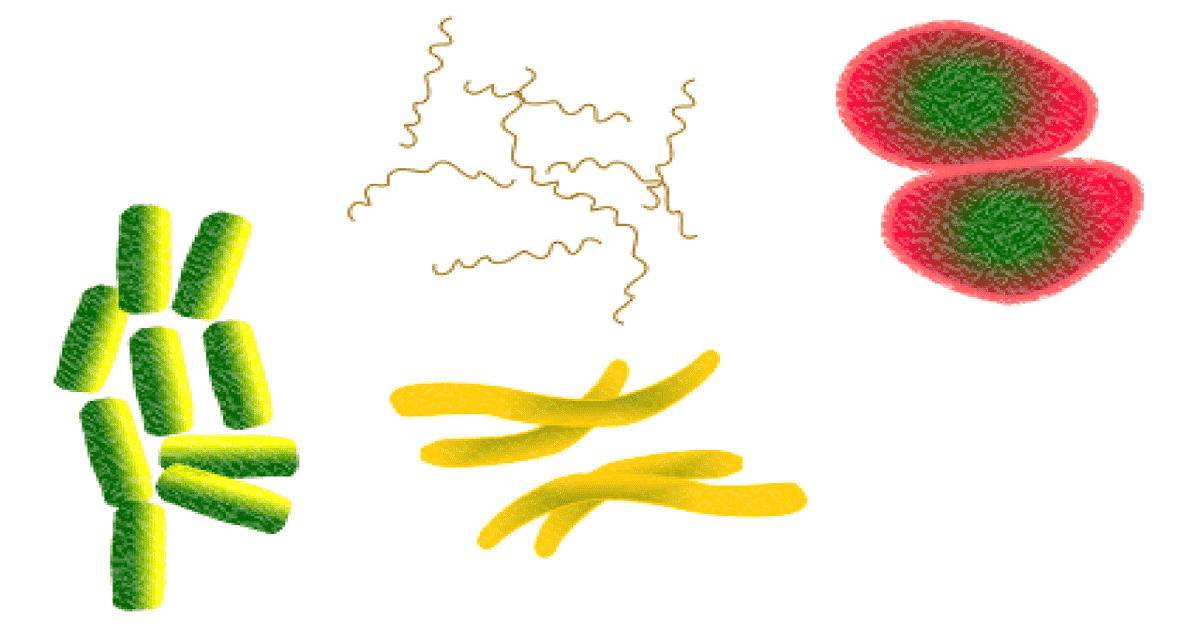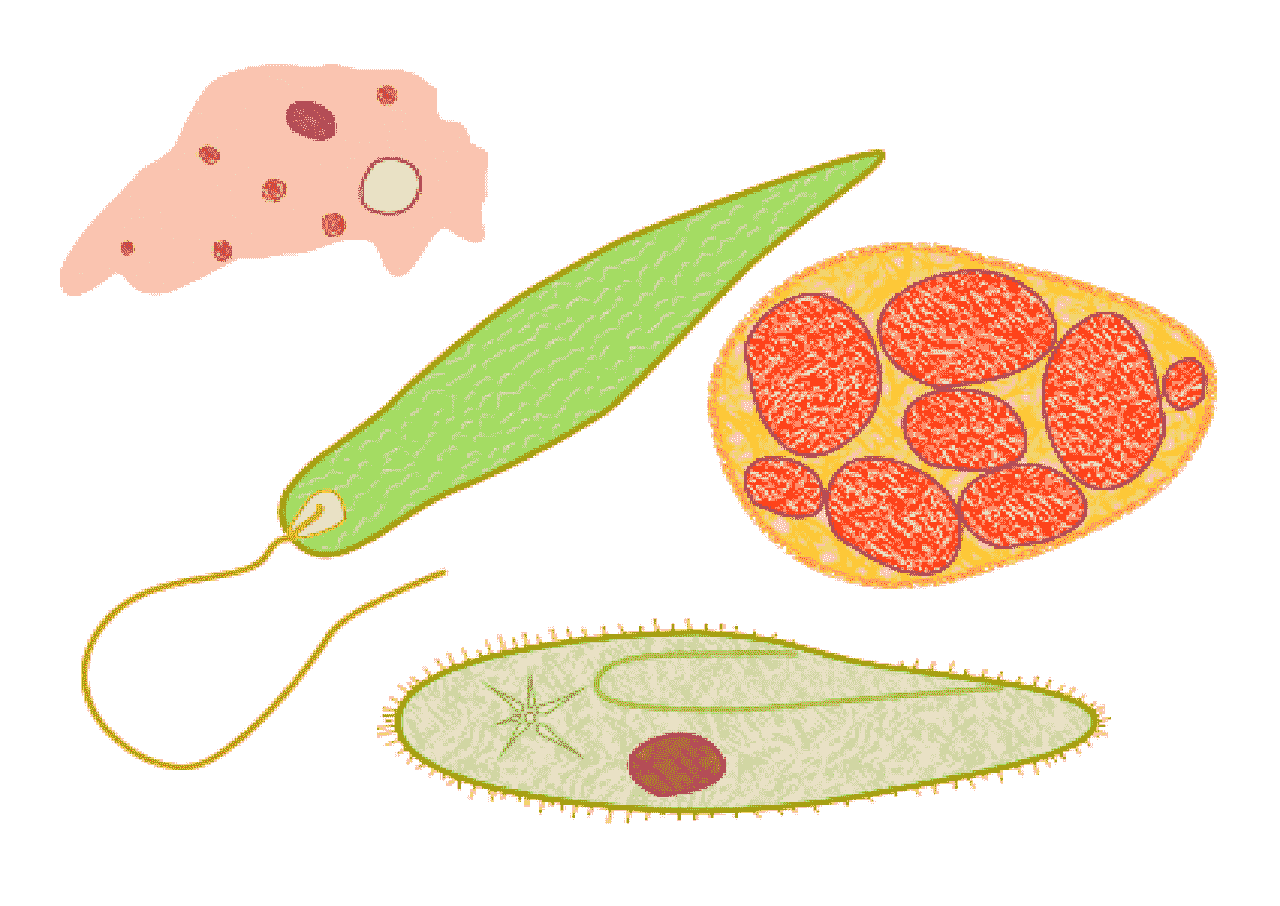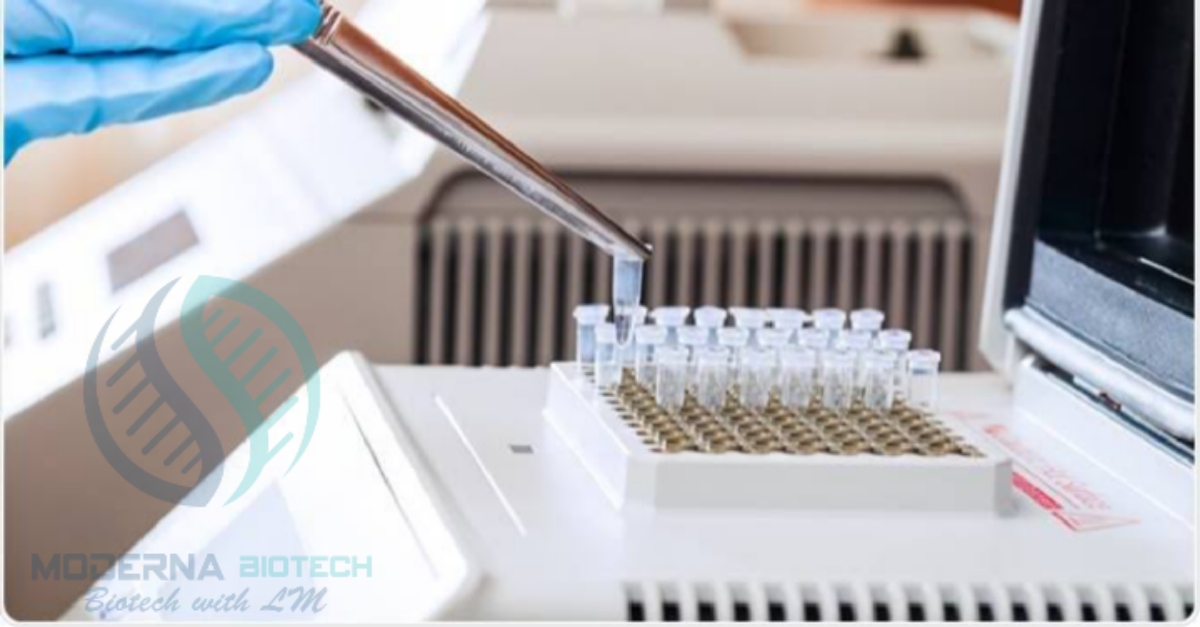Microbes as tools for microbiological research – Latest 2024

Microbes as tools for microbiological research? Microbes are organisms that are microscopic i.e. we need a microscope to see them. They are very helpful in the survival of life. Microbes include fungi, algae, bacteria, and protozoa.
- Microbial biotechnology is the application of engineering and scientific principles to the handling of material through micro-organisms to make useful products or processes.
- It is the use of micro-organisms to get economically valuable products on a commercial or large scale. The micro-organism used in industrial processes may be natural, genetically engineered strains or laboratory-selected mutants.
- The microorganisms used in microbial biotechnology may be laboratory-selected mutants, natural isolates, or genetically modified micro-organisms.
- In microbial biotechnology, microorganisms are used in the production of fermented beverages and foods e.g. lactobacillus, yeast, and also penicillin. See Also What are microorganism | How do they affect our lives
Table of Contents

Microbes as tools for microbiological research
- Micro-organisms are considered a tool of research because they are essential for the earth to function
- They play the most important role in both water and inland
- E.coli and yeast are the bacteria that are used in the production of insulin by genetic engineering
- Microbes play a significant role in the conservation of higher organisms and are considered an excellent model for understanding evolutionary history and biological interactions.
- Microorganisms make the oldest system of life on earth. They help in the production of oxygen by bacteria on earth through cyanobacteria and blue-green algae.
- The human host and its microbial flora make a complex ecosystem whose equilibrium works as a significant example of reciprocal adaption.
Helps in the protection of skin disease?
- Symbiotic microbes exhibit an extensive variety of skin niches as well as protect skin against invasion by more pathogenic or harmful organisms. The bacterium that protects the skin is Bacillus subtilis.
- Bacteria are considered the only micro-organisms capable of nitrogen fixation and fixate nitrogen into useable nitrogen form, ammonium, and ammonia.
- Bacteria are an important micro-organism that helps decompose dead organisms and animal wastes into chemical compounds such as ammonia. Plant bacteria break down complex animal and plant material into simpler compounds in sewage treatment.
- Some microbes help in the production of antibiotics. The function of these micro-organisms is to weaken and destroy other harmful micro-organisms e.g. penicillium notatumis produce an antibiotic called penicillin.
- Bacteria play an imperative role in plant growth. It breaks down dead plants and animals by releasing ammonia. Then nitrogen-fixing bacteria in the soil change ammonia into nitrates and these nitrates will be used by plants.
- Genetically engineered bacteria help to produce certain vaccines that are used to prevent infectious diseases e.g. insulin is used to treat diabetes.
Micro-organisms contribute greatly to microbial biotechnology. Here are some of the contributions of recombinant microbes in microbial technology.
Uses of micro-organisms in food
- Micro-organisms are mainly used for the production of fermented beverages and food. E.g. the micro-organisms used in fermented foods and beverages are lactobacillus, yeast, and penicillium.
- Man used the mold, yeasts, and bacteria to make food products such as wine, beer, slices of bread, vinegar, yogurt, cheese, and also fermented fish, vegetables, and meat.
Uses of micro-organisms in medicines
- Micro-organisms also have certain valuable applications in the field of medicine. E.g. they are used in the production of vaccines, antibiotics, growth hormones, insulin, and diagnostic kits.
- The microbes used in the field of medicine are e.coli and poliovirus.
- We can use micro-organisms in the large-scale manufacturing of vaccines against certain diseases like polio, influenza flu, and BCG, etc.
Uses of micro-organisms in Industry
- Microbes are extensively used in large-scale industrial processes. Industrially important enzymes, acids, and pigments are mainly produced with the help of micro-organisms. E.g. Bacillus subtilis, and aspergillusniger.
- Microbes are crucial for the production of a range of metabolites like ethanol, lactic acid, butanol, and riboflavin.
- They also used in the transformation of chemicals to help reduce environmental pollution.
Uses of micro-organisms in agriculture
- Micro-organisms are very beneficial for crops. E.g. soil microbes like fungi and bacteria are very significant for decomposing organic matter and recycling old plant materials.
- Micro-organisms are used as biopesticides and bio-fertilizer. E.g. Azobacter, bacillus, and rhizobium.
Uses of micro-organisms in the environment
- We found micro-organisms everywhere in the environment and play significant roles in natural processes.
- Microbes operate the basic drug cycles necessary for plant supply of nutrients through the reaction of organic matter in the soil
- Microbes play an important role in climate and climate change.
- Micro-organisms help to degrade toxic materials like oil, plastic, petroleum e.g. alcanivorax, and pseudomonas.
See also methods of plant transformation
Why microbes are important?
Microbes, including bacteria, viruses, fungi, and archaea, are crucial for several reasons:
- Ecosystem Functioning: Microbial organisms play vital roles in nutrient cycling, decomposition, and maintaining ecological balance. They break down organic matter, releasing essential nutrients back into the environment.
- Bioremediation: Microbial organisms are used in bioremediation processes to clean up environmental pollutants, such as oil spills and toxic chemicals, making them essential for environmental conservation.
- Human Health: Our bodies are host to trillions of Microbial organisms, known as the human microbiome, which influence our digestion, immune system, and overall health. Some microbes are used to produce antibiotics and other medicines.
- Fermentation: Microbes are involved in the fermentation process used to produce various foods and beverages like bread, yogurt, cheese, beer, and wine. They help preserve food and create unique flavors.
- Agriculture: Certain Microbial organisms form symbiotic relationships with plants, helping them acquire nutrients from the soil. Others can act as natural pesticides, reducing the need for chemical treatments.
- Biotechnology: Microbes are utilized in biotechnological processes to produce biofuels, enzymes, and various chemicals. Genetic engineering of microbes has led to advances in pharmaceuticals and industrial processes.
- Research: Microbes are used as model organisms in scientific research, providing insights into genetics, evolution, and basic biological processes.
- Climate: Microbes influence the Earth’s climate by participating in the carbon cycle. They can either store carbon or release greenhouse gases like methane, affecting global temperatures.
- Wastewater Treatment: Microbes are essential in wastewater treatment plants, where they break down organic pollutants and help purify water for safe disposal.
In summary, microbes are fundamental to the functioning of ecosystems, agriculture, biotechnology, human health, and many other aspects of life on Earth. Their diversity and adaptability make them indispensable to both natural and human-made systems.



